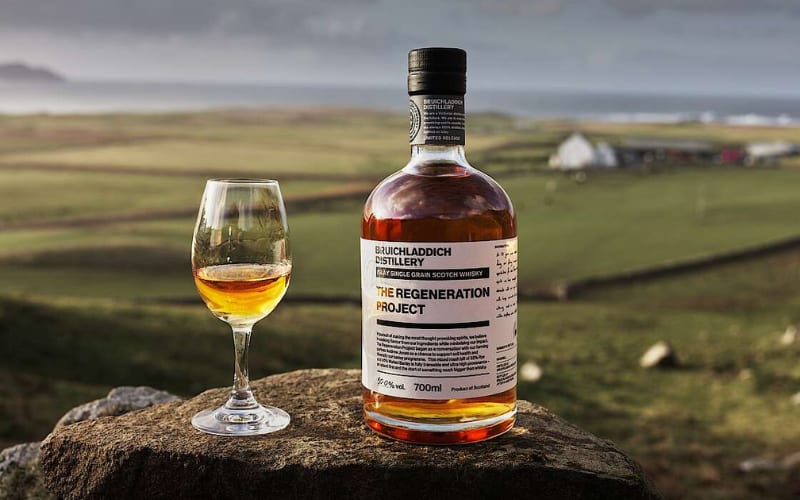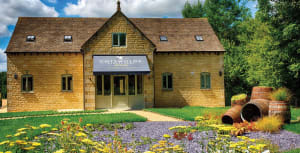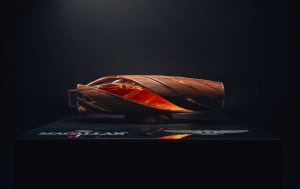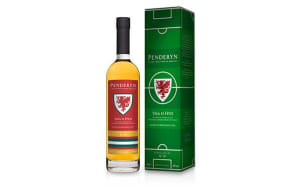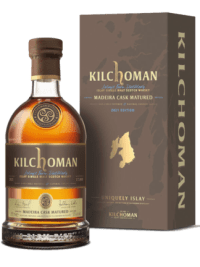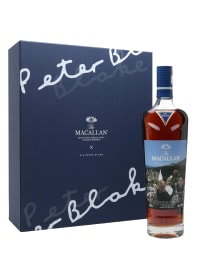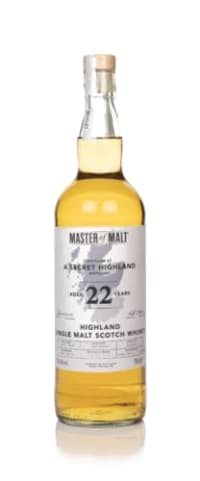The first-ever Islay rye whisky has been launched by Bruichladdich, a Scottish whisky distillery on the island of Islay. The whisky, which is a limited edition release created using rye grain that was cultivated nearby, represents an important turning point for the distillery.
As rye is not an island crop, whisky lovers have been eagerly awaiting Islay rye whisky for a number of years. A local farmer grew the rye that was used to make the whisky, while Bruichladdich was responsible for harvesting and distilling it. Before being bottled at cask strength, the finished whisky has spent more than six years maturing in a mix of first-fill bourbon and French wine barrels.
With hints of fruit, wood, and spice, the Islay rye whisky offers a unique taste. There are undertones of cinnamon, nutmeg, and cloves in the rich, nuanced scent. The whisky has tastes of dried fruit, dark chocolate, and black pepper on the palate in addition to being full-bodied and peppery. Long and comforting, with a soft sweetness and a whiff of smoke, the end.
According to Bruichladdich's Head Distiller, Adam Hannett, the Islay rye whisky is "a true celebration of Islay's unique terroir." He added, "We wanted to create a whisky that was truly reflective of the island's character, and we believe that this rye whisky does just that."
The introduction of the Islay rye whisky is evidence of Bruichladdich's dedication it's Regeneration Project and to exploration and innovation. Its most recent release continues the distillery's long record of pushing the limits of conventional whisky production. However the biggest push came from a conversation with Bruichladdich's production manager Allan Logan and farmer Andrew Jones had a conversation about how changing the rotation of crops in the fields at Coull Farm could reduce the need for agricultural chemicals. Jones decided to include rye in the crop rotation.
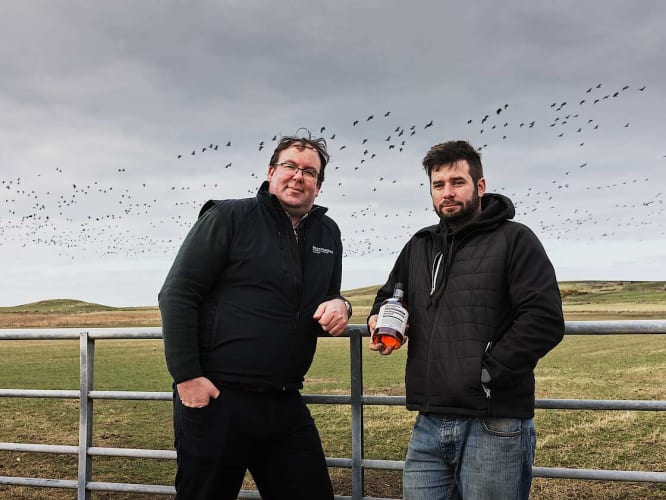
“As a whisky distillery we are accountable for our impact from the ground up, and that starts with understanding where our essential raw ingredients come from, and how they are grown. We learned that rye is a hugely beneficial rotational crop which not only reduces the need for artificial input but improves soil health and structure - which matters" ~ Douglas Tylor, CEO at Bruichladdich Distillery
While using 45% Islay malted barley and 55% Islay rye, Bruichladdich The Regeneration Project is a single grain whisky rather than a rye whisky. Even if Scottish whisky were made entirely of rye, the laws only permit the names malt whisky and grain whisky.
This Bruichladdich whisky was bottled at 50% ABV. without coloring or chill filtering. 1,800 bottles in total are available, but solely through the Bruichladdich online store. The Regeneration Project in Bruichladdich costs 125 pounds.
What is The Regeneration Project?
The Scottish whisky distillery Bruichladdich, situated on the island of Islay, began the Regeneration Project in 2021. The project is a large-scale effort to restore the surrounding ecology around the distillery with the goal of building a more resilient and sustainable ecosystem for coming generations.
The Regeneration Project consists of a number of initiatives, such as a rewilding program, a tree-planting campaign, and a dedication to sustainable agricultural methods. Red deer, beavers, and ospreys are just a few of the natural animals that will be returned to the area near the distillery as part of the rewilding effort. This will support biodiversity and aid in restoring the ecosystem's natural equilibrium.
The goal of the tree-planting effort is to improve and expand existing forest areas by planting natural trees including oak, birch, and rowan. In addition to providing habitat for wildlife, this will lessen erosion and floods while also helping to store carbon from the atmosphere.
Reducing the use of pesticides and fertilizers, enhancing soil health via crop rotation and cover crops, and introducing new crops like clover and wildflowers to help pollinators are just a few of the sustainable farming techniques being used as part of The Regeneration Project.
Bruichladdich has made a long-term commitment to improving the environment around the distillery through the Regeneration Project. Allan Logan, Head of Production at the distillery, is in charge of the initiative. He stated, "We think that it is our obligation to take care of the land around us, and to guarantee that it is in a better shape for future generations than it was when we inherited it."
The Regeneration Initiative is a component of a larger movement in the whisky business toward environmental sustainability and accountability. Distilleries are doing more to lessen their carbon footprint and support biodiversity as customers grow more conscious of the effects of their decisions on the environment. The Regeneration Project is a shining example of this trend, and a model for other distilleries to follow.
About Bruichladdich Distillery
On the island of Islay, off the west coast of Scotland, stands the Bruichladdich whisky distillery. The Harvey brothers, a Glasgow-based whisky-producing dynasty, established the distillery in 1881. The French liquor firm Rémy Cointreau now owns it.
The single malt whiskies that Bruichladdich produces are noted for having intricate taste profiles and unusual packaging. Bourbon, sherry, and wine barrels are just a few of the several kinds of casks that the distillery employs to produce a range of whiskies with various taste characteristics.
The Octomore, one of Bruichladdich's most well-known whiskies, is renowned for its high peat content and smokey taste. The distillery also creates a variety of unpeated whiskies, including the Port Charlotte and the Classic Laddie.
The distillery Bruichladdich is known for its whisky-making inventiveness and experimentation. Non-chill filtering, which allows the whisky to keep more of its natural oils and flavors, was used by the distillery, one of the first in Scotland to utilize it. It also employs a range of barley strains and processing methods to give its whiskies distinctive taste characteristics.
Bruichladdich is dedicated to environmental responsibility and sustainability in addition to making whisky. The distillery has started a number of projects, such as a rewilding program and a tree-planting campaign, to lessen its carbon impact and boost biodiversity near the distillery.
Whisky lovers frequently travel to Bruichladdich where they may take tours and partake in tastings. Also, the distillery features a restaurant with a view of the outside scenery and food that is locally sourced.
Overall, Bruichladdich is a reputable and forward-thinking distillery renowned for its dedication to crafting complex, high-quality whiskies while also placing a high value on sustainability and environmental responsibility.
